78% Of Drivers In ASEAN Want To Live In An Environmentally Conscious World With More EVs
A survey conducted by the BMW Group in Singapore, Indonesia, Malaysia and Thailand revealed a preference for environmentally sustainable mobility, but concerns remain regarding cost and ownership.

The study showed that 78% of drivers in Southeast Asia believe an increase in electric vehicles (EVs) on the road will contribute to a more desirable and environmentally conscious world. The online survey, which polled 4,000 drivers from Singapore, Indonesia, Malaysia, and Thailand, with at least 70 per cent holding drivers’ licenses, was aimed at further understanding familiarity and preference toward EVs, attitudes toward the impact of EVs on the environment, and motivators to purchase an EV among Southeast Asian drivers.
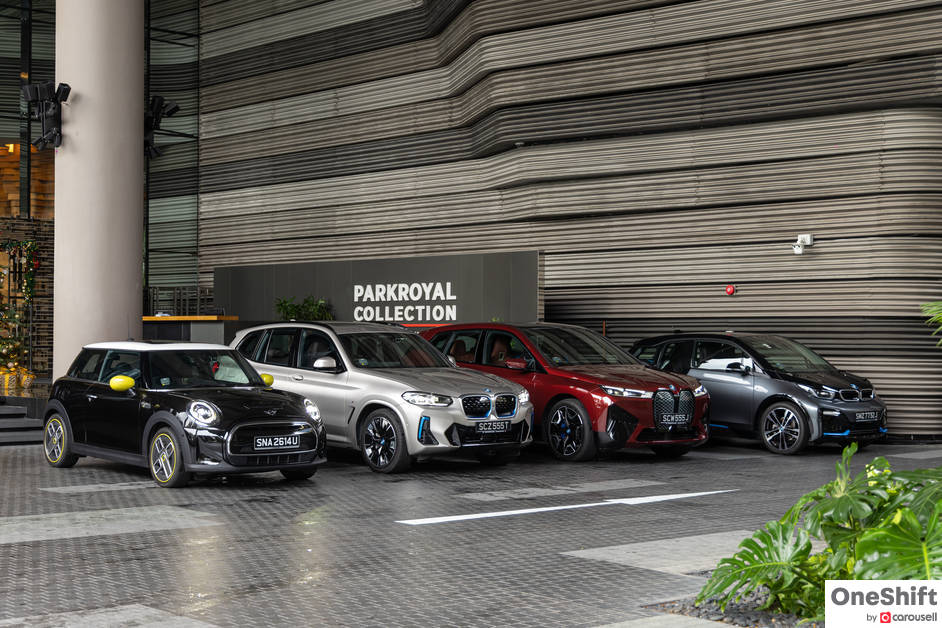
41% of the respondents expressed interest in purchasing an EV themselves, motivated by the fact that they reduce carbon emissions. However, cost was a concern with respondents being more motivated to make the shift if the price of an EV was similar to, or less than, an internal combustion car (45%).
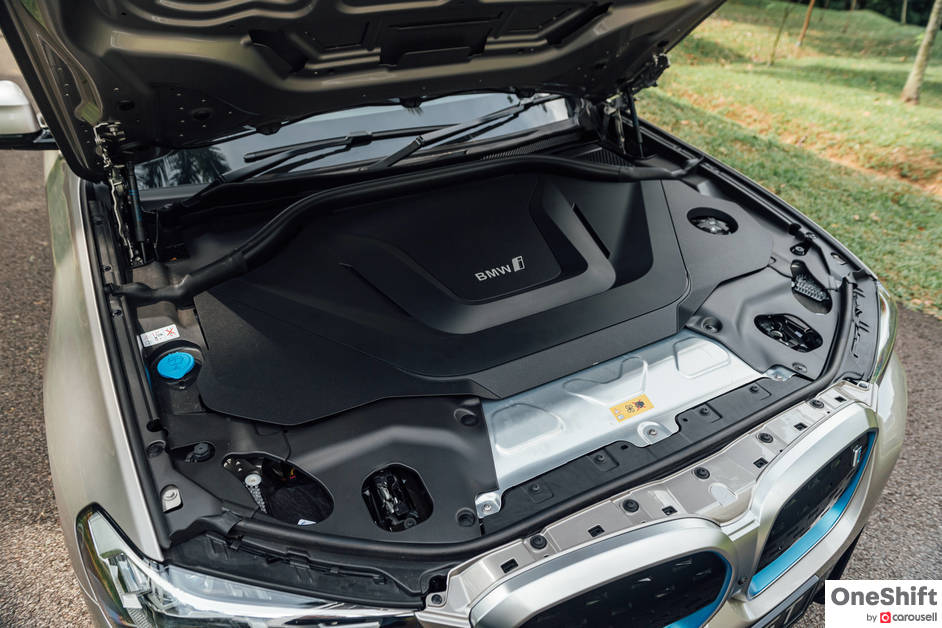
Respondents also indicated a desire for a longer warranty period of up to 10 years (42%). While EV adoption is growing at a global level, drivers in the region still need the assurance they are covered when it comes to maintenance and repair before making the switch.
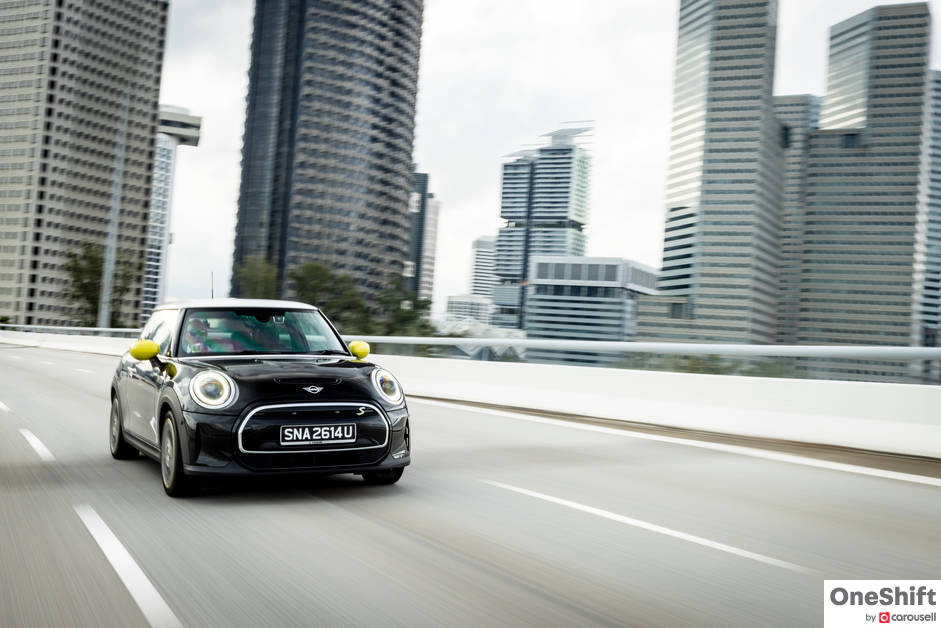
For 65% of respondents, a key benefit of EVs was the overall reduction in their carbon footprint, tying back to the overall desire of drivers in Southeast Asia to go greener in their motoring. Other benefits highlighted were cost savings from using electricity instead of petrol (50%), and a more premium experience in the driver seat (37%).
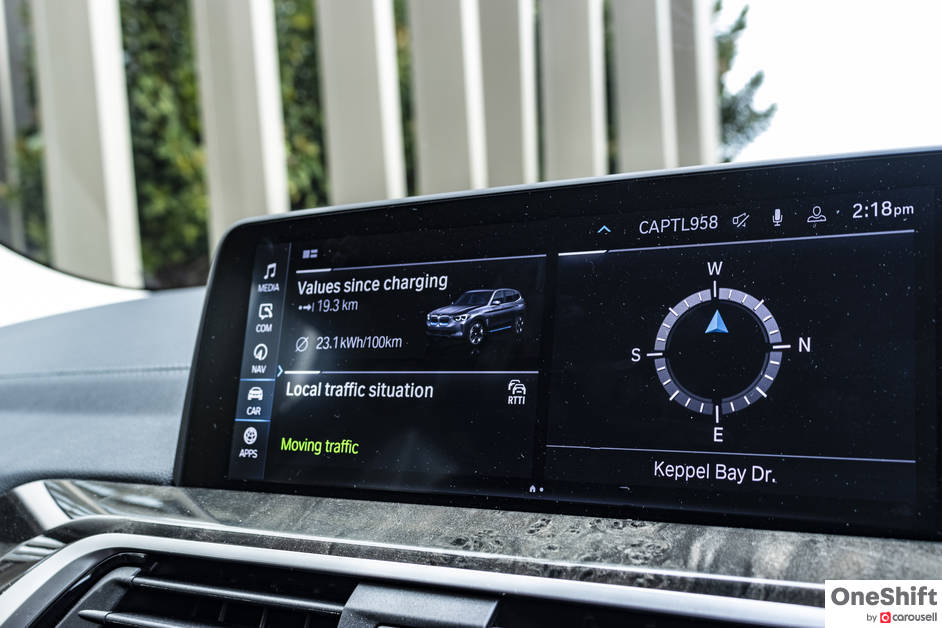
69% of Southeast Asia respondents are familiar with battery electric vehicles and how they work. When it comes to making decisions around car purchases, drivers across the region are focused on the future. When asked about the most important factor that would drive them to make the switch to an EV, respondents cited the cost to purchase and maintain their electric vehicle (16%), followed by access to widely available charging station in public (15%), government incentives (12%), and vehicle performance (11%).
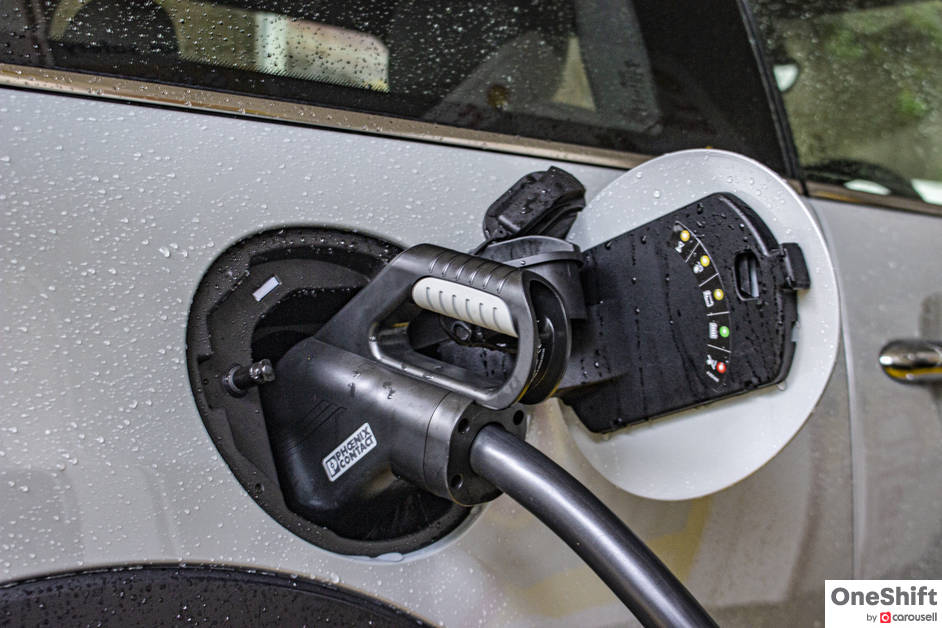
With maintenance being a key concern amongst prospective buyers, more would be inclined to purchase new or used electric vehicles if it was maintained well post-purchase. 91% noted that a physical aftersales service centre for all their maintenance needs is important, and 6% of all respondents saying it is the most important factor that would ultimately encourage them to purchase an EV.
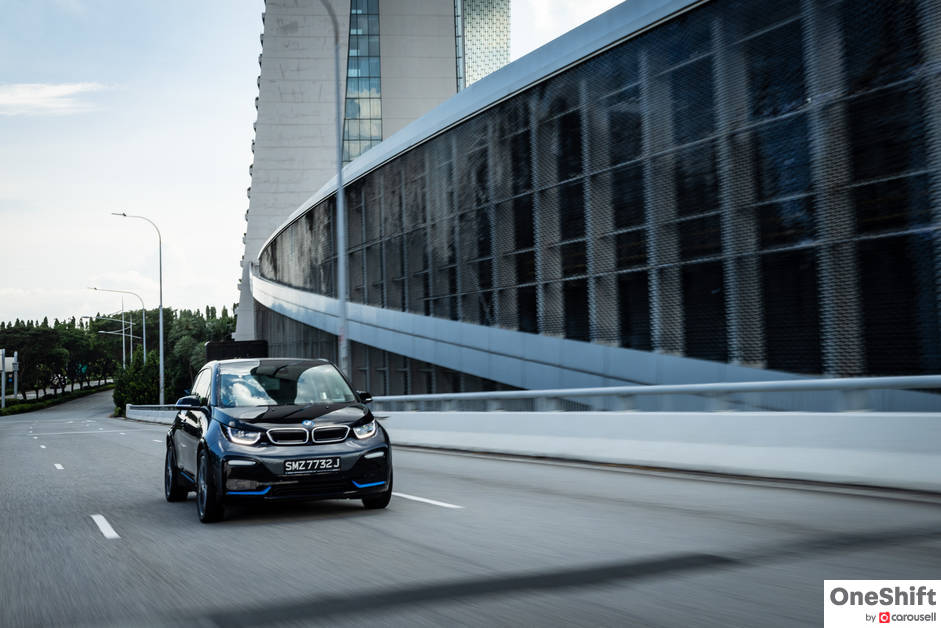
“Government support in the form of EV-specific initiatives and grants, coupled with the growing infrastructure of charging stations in the region makes it a very exciting time for us in the EV space,” shares Mr. Nielsen. “In Southeast Asia, we’re seeing governments commit to increasing EV infrastructure with Singapore targeting 60,000 charging points and Indonesia targeting 25,000 EV charging stations by 2030. Thailand has set a target for having up to 12,000 fast charging stations and EVs account for 50% of all new passenger car registrations by the end of the decade. We’re confident 2022 will be another electrifying year as the infrastructure expands in the region and we continue to provide our customers with the latest in EV technology that we believe will set us apart.”
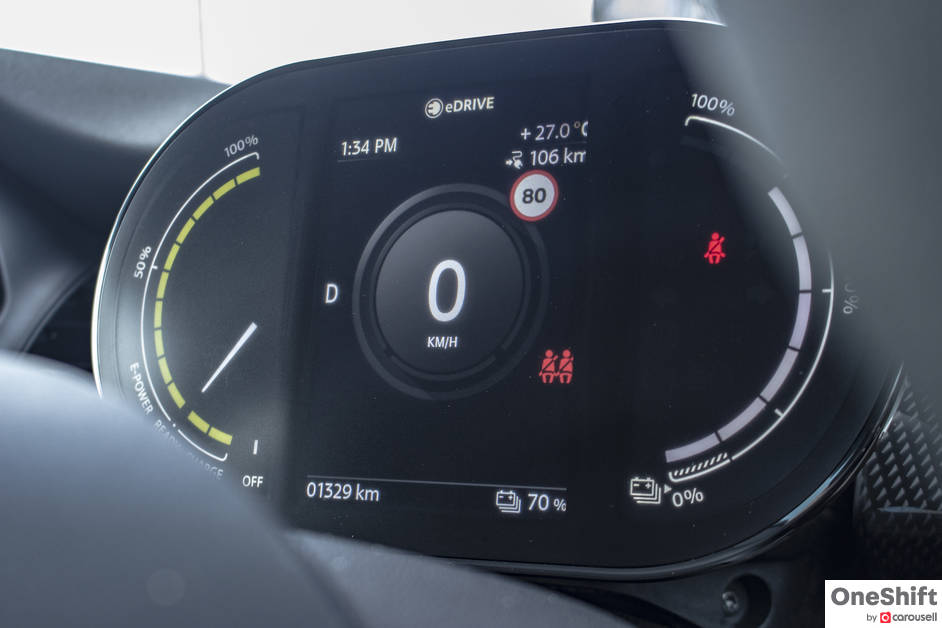
While 78% of respondents want to see more EVs on the road, 41% are considering plugging in themselves. Despite high interest in living in a more environmentally conscious world, misconceptions still exist among respondents.
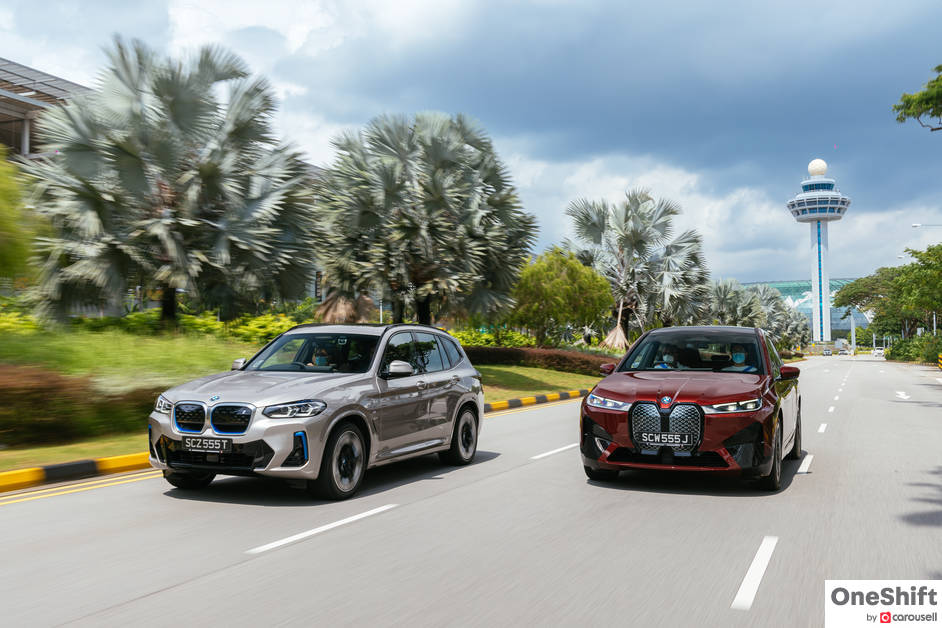
This was closely followed by the thought that over a period of 10 years, EVs are more expensive to maintain (34%). The reality is that maintenance costs are much lower for an EV compared to an internal combustion vehicle as EVs come with fewer moving parts and do not require engine oil, spark plugs or air filters, for example.

On a positive note, only 7% of respondents indicated a concern over the safety of the car. The confidence that respondents have in today’s technology is well founded with several systems being installed in EVs to ensure that they are just as safe as any other vehicle. For example, in the event of an accident, the battery’s current flow is immediately shut off, thereby eliminating any risk of electric shock to either the occupants or emergency services. In addition, emergency workers are trained to deal with these new technologies should the need arise.
Credits:


Get the Best Price for your used car
from 500+ dealers in 24 hours

- Convenient and Hassle-Free
- Consumer Protection
Transparent Process
With No Obligation








